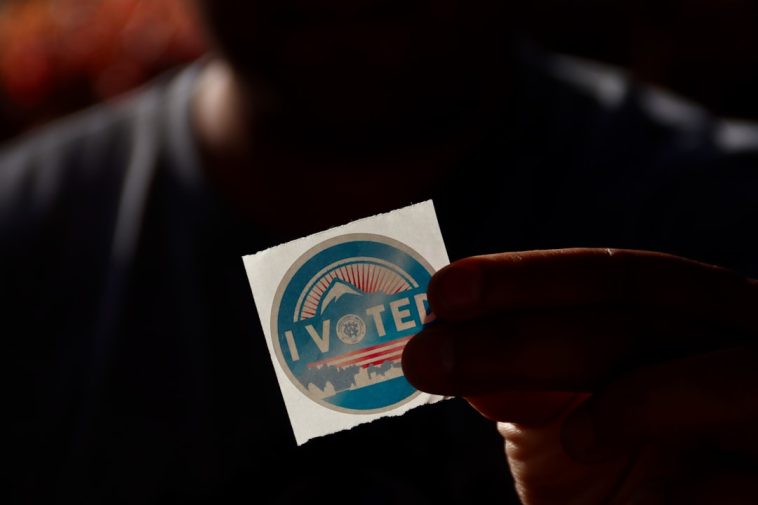Should Election Day be a national holiday?
The idea of making Election Day a national holiday has gained traction in recent years, with proponents arguing it could increase voter participation, while opponents raise concerns about logistical and economic impacts. Below are some of the main pros and cons of implementing such a holiday.
Pros
Increased Voter Participation One of the most commonly cited benefits of a national holiday for Election Day is the potential to boost voter turnout. Many people, especially hourly workers, struggle to find time to vote due to their work schedules. A holiday would give more people the opportunity to cast their ballots without worrying about missing work, increasing overall participation in the democratic process.
Promoting Civic Engagement Establishing Election Day as a national holiday could encourage more Americans to view voting as a civic duty, rather than just another task in their busy lives. By creating a day dedicated to elections, it might foster a sense of collective responsibility and importance around participating in the democratic process.
Reducing Long Lines and Wait Times With more people having time off from work, polling stations may see a more consistent flow of voters throughout the day, as opposed to the usual rush during early mornings and late evenings. This could help reduce overcrowding, long lines, and the associated frustrations that deter some people from voting.
Symbolic Importance Declaring Election Day a national holiday would send a strong message about the value of voting. It would affirm that elections are central to the functioning of the U.S. democracy, and that every citizen’s vote is important.
Cons
Limited Impact on Voter Turnout Critics argue that a holiday alone may not significantly increase voter turnout, especially since early voting and absentee voting are already widely available in many states. Simply giving people the day off does not guarantee that they will vote, and there may be other barriers—such as lack of interest or access to polling places—that a holiday wouldn’t address.
Economic Impact Declaring a national holiday would likely have economic consequences, particularly for businesses that would be forced to shut down for the day or pay workers holiday wages. This could be particularly difficult for small businesses that rely on being open on weekdays. Additionally, certain essential services, like hospitals and public safety, would still need to operate, creating challenges for those employees who may not get the day off to vote.
Potential Disparities in Participation Some argue that a national holiday could unintentionally benefit certain demographics over others. For example, while salaried workers may easily take the day off, hourly workers, part-time employees, and those in essential services may still have to work, meaning the policy might not equally benefit all voters. Additionally, some workers may use the day off for personal matters rather than going to vote.
Shift to Early and Absentee Voting With many states already offering expanded early voting, mail-in ballots, and absentee voting, the necessity of a holiday for Election Day may be diminished. As more people choose to vote before Election Day, the overall impact of a holiday may decrease over time.



